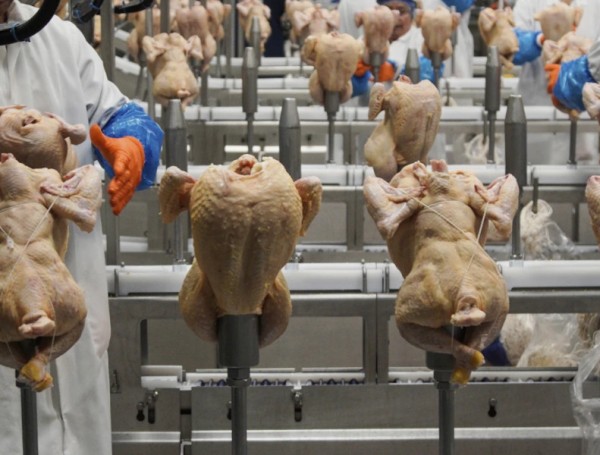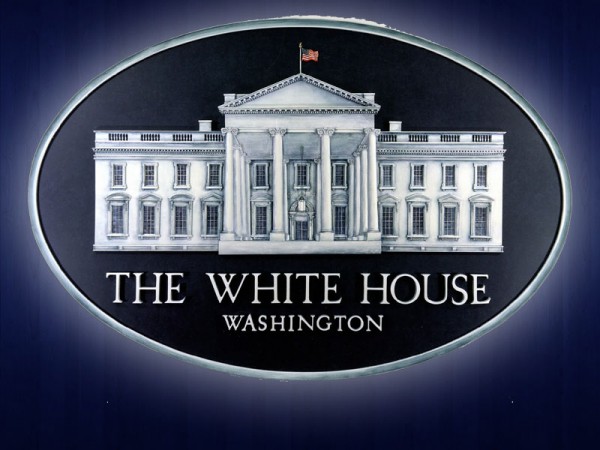LONDON (AP) — Singapore has become much more repressive, and corruption in the Asian financial hub has worsened in the decade since the death of former Prime Minister Lee Kuan Yew, according to his youngest son who fled to Britain to seek asylum from what he described as a campaign of persecution to silence him.
Lee Hsien Yang, who has been granted political refugee status in the U.K., told The Associated Press that Singaporean authorities have “weaponized” the country's laws against critics and that he is just the most prominent example of a growing number of Singaporeans fleeing abroad to seek protection from their own government.
Lee cited a tightening of laws on security and rights of assembly and a sharp increase in the number of asylum-seekers from the city-state over the past decade under the rule of his estranged brother, Lee Hsien Loong, who was prime minister until he stepped down earlier this year.
“Singapore has this veneer that purports to be a sort of affluent, democratic, free country. The veneer is quite thin,” he said in an interview in London on Monday. “Beneath that there is a repressive nature to that regime and there are people fleeing from it.”
The Singapore government reacted strongly Thursday, accusing Lee of turning a “personal vendetta into an international smear campaign against his father, his family and his country.”
It said Lee had alleged in his asylum application that he and his family were being persecuted by the Singapore government to prevent his son, Li Shengwu, from becoming prime minister.
“That he would go so far as to allege this — though his son has repeatedly said he has no such ambition — shows his campaign against Singapore is not based on principles,” it said.
Lee announced last week that he was forced to seek asylum from what he called unfounded criminal proceedings, defamation and surveillance against him and his wife by Singaporean authorities led by his brother.
Human Rights Watch says Singapore silenced dissenting voices in its recent elections and voiced concern over aggressive enforcement of a sweeping “online falsehoods” law that it said allows officials to censor online content.
The Lee brothers have been at odds since they fell out over the will of their late father.
Lee Kuan Yew, who died in 2015, was both feared for his authoritarian tactics and admired worldwide for turning the city-state into one of the world’s richest nations. He stepped aside from power in 1990 but remained influential behind the scenes for many years afterward.
A court has found that Lee Hsien Yang and his wife lied under oath and misled his father during the preparation of his will, which they helped write. Lee said his son was prosecuted for criticizing the judiciary in a Facebook post. Lee himself lost a defamation suit last year and was ordered to pay damages to two government ministers whom he indicated were corrupt over their rental of state-owned properties. He said last month he has paid the amount, so that the family home under his name will not be seized.
Lee called the actions against him “bogus, abusive and unwarranted," and said the campaign of persecution escalated after he joined Singapore’s opposition party in 2020. Lee said he and his wife left hurriedly in June 2022 and decided to apply for political asylum in the U.K. because they believed they needed protection.
“Many people claim this is a family feud. Well, the actions taken against me were taken by the organs of the state," he said.
“In a tightly controlled country like Singapore, where my brother was the prime minister and holds the levers of power, there’s no way these things happen without his knowledge, his consent and his agreement,” he added.
Lee further alleged that Singapore's banks and companies have been linked to growing numbers of international money laundering and corruption scandals in recent years.
Last year Singaporean authorities seized $1.75 billion in assets including gold bars, bottles of alcohol, luxury cars and properties and arrested nine Chinese nationals in a massive money laundering case involving funds raised by illegal means abroad.
Lee cited other examples including the involvement of Singaporean banks in the Malaysian state development fund 1MDB corruption scandal, and two Singapore government-linked companies operating in Brazil's oil and gas industry that were allegedly implicated in Brazil's sweeping “Operation Car Wash” anti-corruption investigation.
Lee said the cases and growing repression showed that his city has deteriorated — though he also acknowledged the lack of political freedoms was a holdover from his father's decadeslong leadership, during which the resource-poor former British colony transformed into a prosperous financial hub with low crime and almost zero corruption.
“Singapore has retained legislation and punishments which come from a different day and age," he said. "My father was a product of that day and age, but I think if he were alive today some of those things could well have changed.”
Human Rights Watch said last year that Singapore carried out the highest number of executions for drug-related offenses in over a decade.
The Singapore government said all of the examples of alleged corruption cited by Lee have been thoroughly addressed, either through the courts or in Parliament. It said Singapore hasn't wavered in its anti-corruption stance, pointing to the country’s high standing in international perceptions of corruption and its recent indictment of a former Cabinet minister on graft charges and robust controls to detect, deter and prosecute financial crimes.
It called Lee “a major beneficiary of the Singapore system” and noted he had freely participated in politics by joining an opposition party during the 2020 elections.
Lee “is not a victim of persecution. He and his wife remain citizens. They are and have always been free to return to Singapore,” the government said.
Lee declined comment on whether he saw a role for himself as an opposition leader. But he said he intended to continue to “speak his mind” on Singaporean politics despite his concerns over further attempts to silence him.
“I have no doubt that every time I do so, I risk further attacks from the Singaporean authorities,” he said. “I think the day will come when things will change. I hope it will come in my lifetime and that one day I’ll be able to return to my home.”
___
Associated Press writer Eileen Ng in Kuala Lumpur, Malaysia, contributed to this report.

















